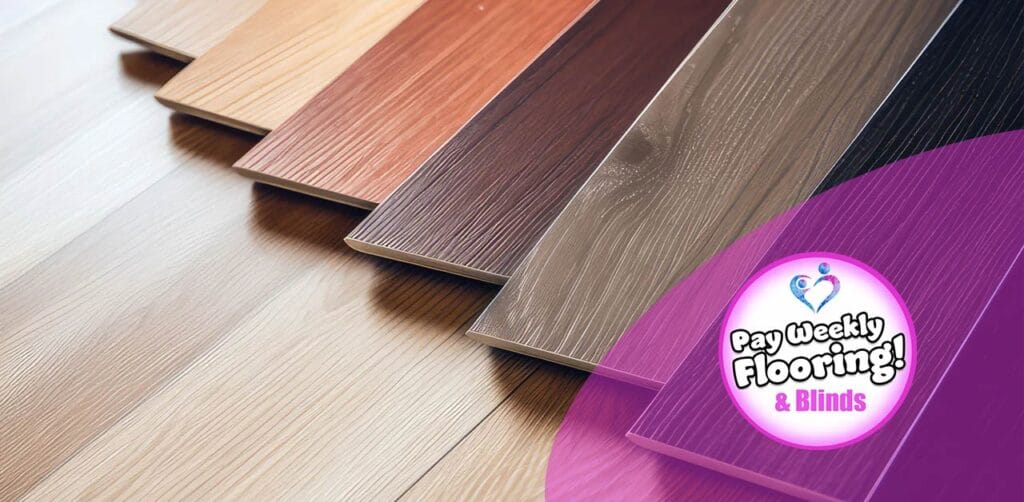Looking for beautiful flooring that won’t break the bank? Because transformation is hard nowadays. And when it comes to choosing flooring, you would look for budget-friendliness alongside elegance, durability, and comfort. For such attributes, Laminate and Vinyl flooring wins the market.
But here’s a thing, laminate is the best flooring for high-traffic areas that mimics wood. But, if you want a wood, stone or tile mimicking flooring for moist areas then Vinyl flooring is best in water resistance.
However, if we dig deep into Laminate vs vinyl flooring, You’ll see both of the floorings provide ideas of elegant flooring with some major differences. Here we are comparing the differences between laminate and vinyl flooring.
Starting from the Basic: What is Laminate Flooring?
As we know, wood-based flooring is a staple of an elegant home interior. But, Solid wood or engineered wood flooring can cost you around £50 to £120 per m².
On the other hand, you can buy Laminate Flooring in weekly instalments. Low cost and elegance are the reasons why people in the UK choose Laminate flooring.
Generally, Laminate flooring is assembled with different layers sandwiched with each other. These layers are the melamine wear layer, decorative print paper, HDF panel as a core layer, and melamine backing.
Besides this, there is a footfall and impact sound insulation. It is completed with one of two methods; High-pressure laminate (HPL) and direct-pressure laminate (DPL). It is easy to install with a 5G click-and-lock system option.
Laminate Flooring is ideal for heavy-loaded areas. Although it is durable enough to withstand traffic, your furniture can wear off easily.
Here’s the competitor: What is Vinyl Flooring?
On the other hand, Vinyl Flooring is a competent Laminate with HDF and SPC core.
This additional SPC layer makes vinyl flooring resistant to wear or tear. Also, SPC core vinyl flooring can show exceptional water-resistant properties in damp areas.
Moreover, vinyl flooring is easy to maintain with vigorous properties. You can either use click vinyl flooring with low installation height. This intelligent click-locking system makes it easy to install and ideal for home renovation.
While glue vinyl flooring can provide the look of wood and stone with low-heightened installation properties.
Throughout, vinyl flooring is an affordable but durable option for flooring options in the UK. Water-resistant vinyl makes your flooring functional in moist spaces.
Floating Floors Concept
Vinyl and laminate flooring are called floating floors because they don’t need glue-down or nail-down installation methods. Click and lock system in vinyl and laminate flooring allows the floors to float above the subfloor.
Laminate or vinyl flooring floats due to thin built-in underlay or foam padding. Floating floors reduce noise or vibration. Also, it generally has a special soundproofing layer.
Differences of Laminate vs Vinyl Flooring
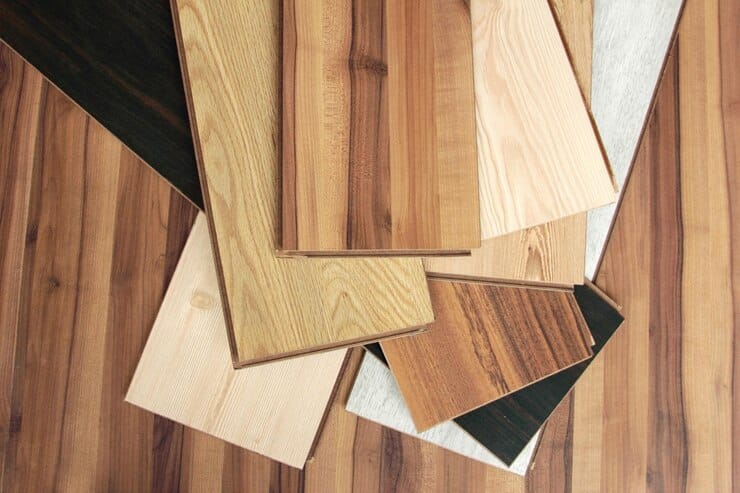
While both of the flooring provide better properties and broader options, Here are the basic laminate vs vinyl flooring differences, you wanna know before choosing the best one for your home.
1. Appearance and Design
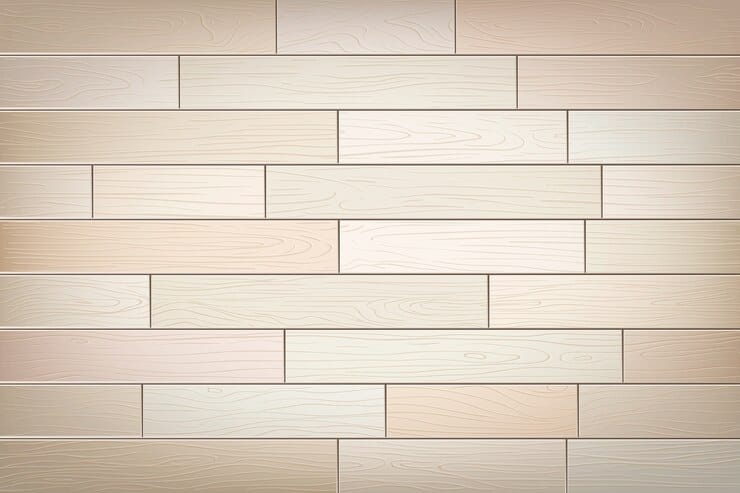
Laminate Flooring Laminate flooring is well known for its ability to mimic the appearance of natural wood. To emulate the natural look it uses high-resolution photographic imaging to replicate the patterns, textures, and colours of various wood species.
Besides, it is high in quality 6 and 12 mm thickness. Moreover, its hardwood flooring mimics various original types such as maple, walnut or oak laminate flooring.
Vinyl Flooring
On the other hand, Vinyl flooring is known for its wide range of designs for homeowners and designers. But, its thickness is only about 5 mm.
You can select the design options among the patterned vinyl. From the grid, offset and weave or soldier, vinyl appearance options are diverse. Besides, you can choose textured vinyl with a wood floor effect, stone floor, or high-quality luxury vinyl tile effect.
2. Water, Heat, and Sound Resistance
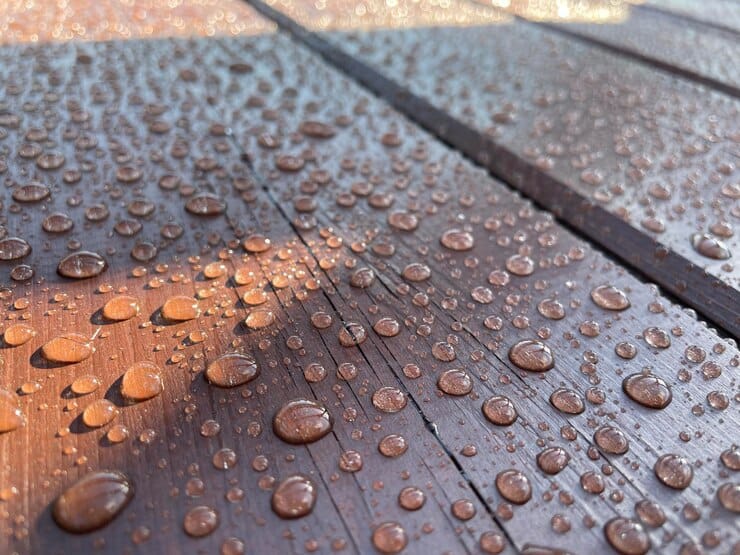
Laminate Flooring
Laminate flooring is generally water-resistant, but not waterproof. It can handle fluctuations in temperature. Although laminate is not designed to withstand extreme heat. So you should avoid installing areas with direct sunlight exposure.
Moreover, Laminate produces noise underfoot and even more in trafficked areas. Because the hard surface of laminate can produce an echoing sound when walked on.
Vinyl Flooring
You can get 100% waterproof vinyl tiles. It is ideal for moisture areas in homes like your bathrooms and kitchens. Besides, vinyl flooring can also handle moderate temperatures but it is also sensitive to extreme heat. On exposing it can expand, fade or warp.
However, vinyl flooring has foam or cork backing which helps in noise cancellation. On walking, it is quieter underfoot plus it is more softer and comfortable while walking when compared to laminate flooring.
3. Cleaning, Durability, and Maintenance
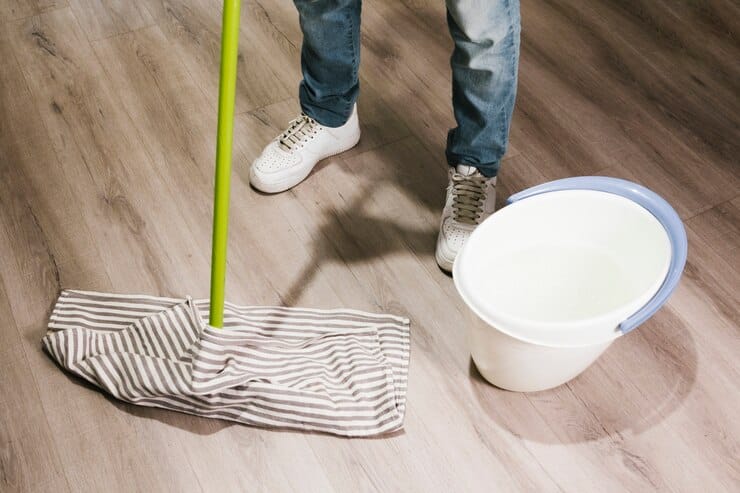
Laminate Flooring
Laminate flooring is easy to clean if properly handled. To avoid any moisture damage try to clean any spill immediately. Moreover, avoid using harsh chemicals to clean laminate flooring. Because abrasive cleaners or waxes can cause irreversible damage to the layer.
Furthermore, Laminate is resilient to scratches, dents and fading due to its promising layer. But on damage, it is not easy to repair. To prevent potential damage, regular maintenance is essential.
Vinyl Flooring
Vinyl flooring, on the other hand, is very easy to maintain or clean. You can sweep, vacuum, or mop regularly. Besides, you can perform wet mopping as well as it is great in moisture resistance.
In durability, Vinyl flooring is flexible and less likely to crack than laminate. Its thick layer offers great protection extending the floor’s lifespan.
When it comes to maintaining Vinyl flooring, it is low maintenance and easy to care for. And you can replace any unwanted damage, unlike laminate flooring.
4. Easy Installation and Installation Areas
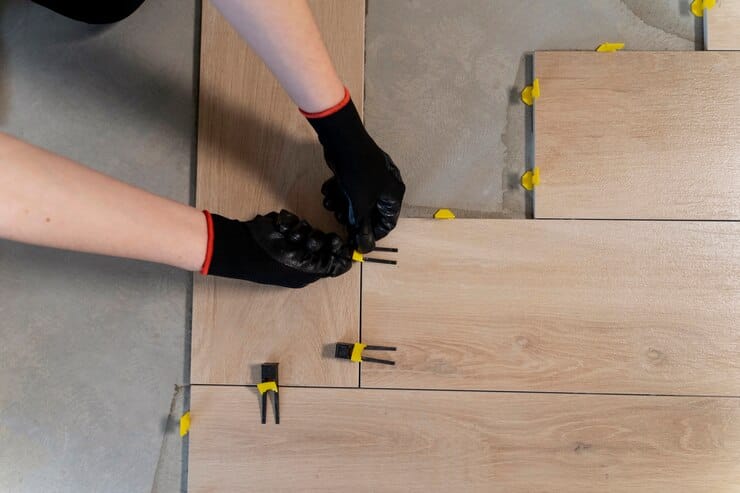
Laminate Flooring
Laminate flooring is easy to install. It is usually installed as a floating floor. The floating install makes it a good choice for DIY projects. Underlayerment is required to provide cushioning, soundproofing and moisture resistance for installation. And before installing, the subfloor must be clean and dry.
Moreover, laminate flooring is not suitable for moisture areas as it is not waterproof. However, for installation areas, laminate is ideal for high foot traffic areas. For example, bedrooms, hallways or front rooms are ideal places for installing laminate in homes.
Vinyl Flooring
Vinyl flooring offers many options for installation such as floating, glue down, peel and stick methods. For installation sub floors should be cleaned and dried first. for glue down, floors must be smooth to ensure smooth installation.
Additionally, the best areas to install vinyl flooring are moisture areas. High moisture areas such as bathrooms, and kitchens because of their waterproof property. Also, it can be adjustable in spaces such as underfloor heating systems.
5. Cost and Resale Value

Laminate Flooring
Laminate flooring is generally more affordable with all its properties. Materials used in laminate are easy to find and budget-friendly for homeowners. The cost of laminate flooring along with fitting is £15 and £25 per square meter.
But you can also pay weekly or monthly for the Laminate flooring. Besides laminate flooring is lower in resale value as compared to high-end flooring.
Vinyl Flooring Vinyl flooring provides price ranges from pocket-friendly to expensive luxury vinyl options. It depends on the materials and designs you choose for your home. Also, the price depends on the method of installation you choose.
Although the average vinyl flooring in the UK costs from £10 to £40 per square metre. Besides, vinyl flooring is also high in resale value. The reason for its high resale value is durability, water resistance, and high-end floor. While average vinyl has a lower impact on resale value.
6. Lifespan and Eco-friendly
Laminate Flooring
Laminate flooring has a lifespan of about 12 to 25 years. It depends on its quality and maintenance plays a vital role. Besides, laminate flooring has lower environmental impacts.
It consists of the wood composite in its formation. Although, it is not recyclable. Also, laminate is not biodegradable and can appear to be a waste at the end of its lifespan.
Vinyl Flooring
Vinyl flooring lasts 10 to 20 years, a little less than laminate. Lifespan can vary on the quality you choose for your home. Besides, vinyl floors are 100% recyclable. They are eco-friendly since you can recycle them 10 times.
Laminate vs Vinyl Flooring: Comparison Chart
Laminate vs Vinyl; which flooring is better?
You have all the differences between laminate and vinyl flooring in front of you. But you can only decide on the better flooring based on your needs and preferences.
Vinyl flooring is ideal for damp places due to its waterproof property. It’s highly durable, and comfortable, and provides long-lasting protection against damage. Besides,
Laminate flooring gives a wood-like impression at low prices. You install the Laminate by yourself and it can tolerate high foot traffic.
Moreover, you can buy both, laminate and vinyl flooring with Pay Weekly Flooring. You only need to book an appointment today. The professional flooring installers will pay a visit to your home.
They will install your flooring with easy pay weekly and monthly payments. And there are no interest, no credit checks, and no hidden fees. So, buy your flooring today in easy instalments.
Faqs
- Which flooring is better, laminate or vinyl?
Both the flooring depends on your specifics and basically what a homeowner is looking for. Vinyl is a better option for design range, water resistance, durability, and long life span. But Laminate flooring is affordable, mimics natural wood, and easy-to-install option.
- Which is more budget-friendly, vinyl or laminate?
Laminate flooring is budget-friendly flooring with an affordable installation process. You can pay weekly or monthly payments on laminate flooring as well.
- Is laminate or vinyl plank better for the kitchen?
Vinyl plank flooring is a better option for kitchens as it has high moisture-resistant properties.
- Which is warmer, vinyl or laminate?
Vinyl flooring is warmer than laminate as it is more comfortable and soft underfoot while walking.

